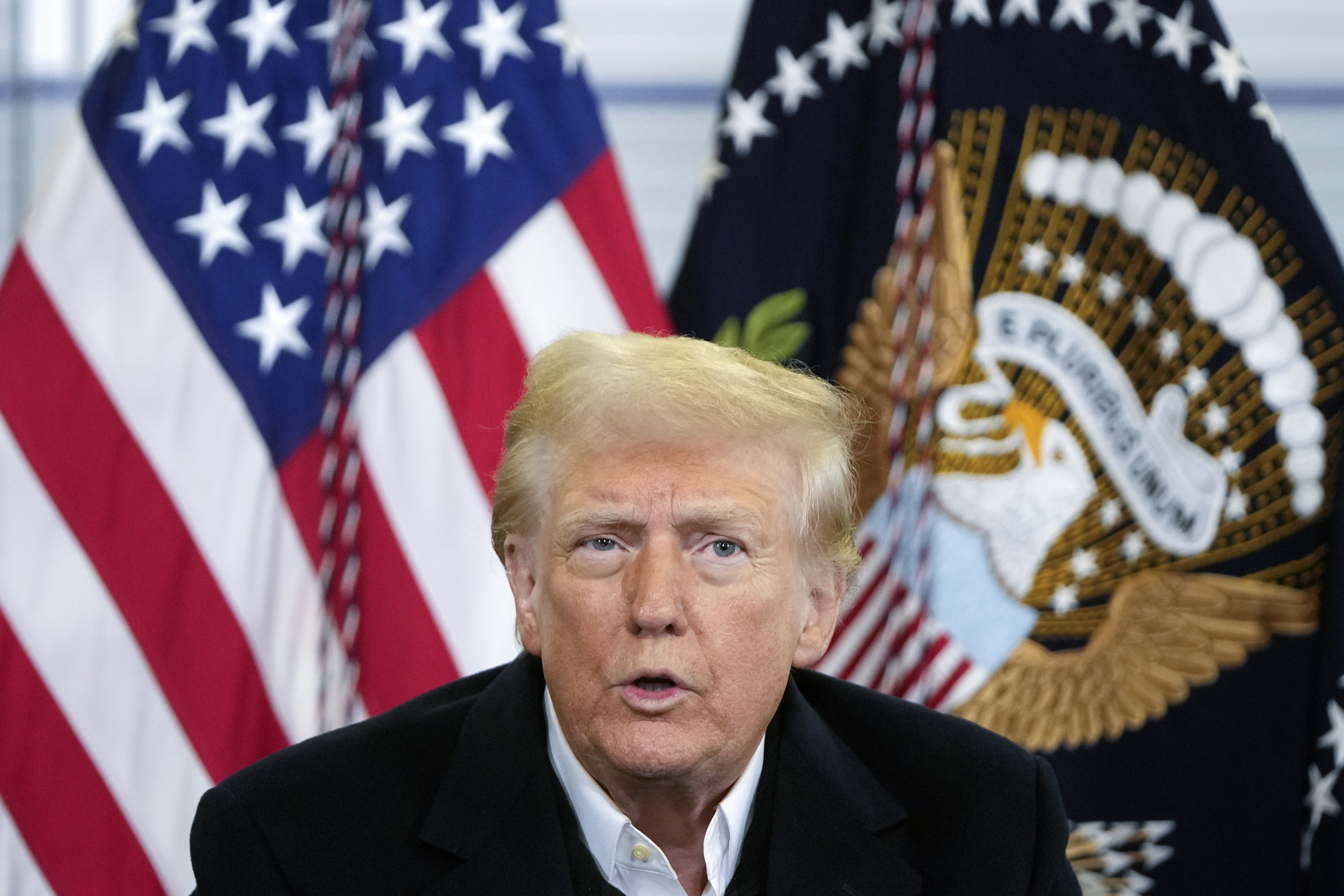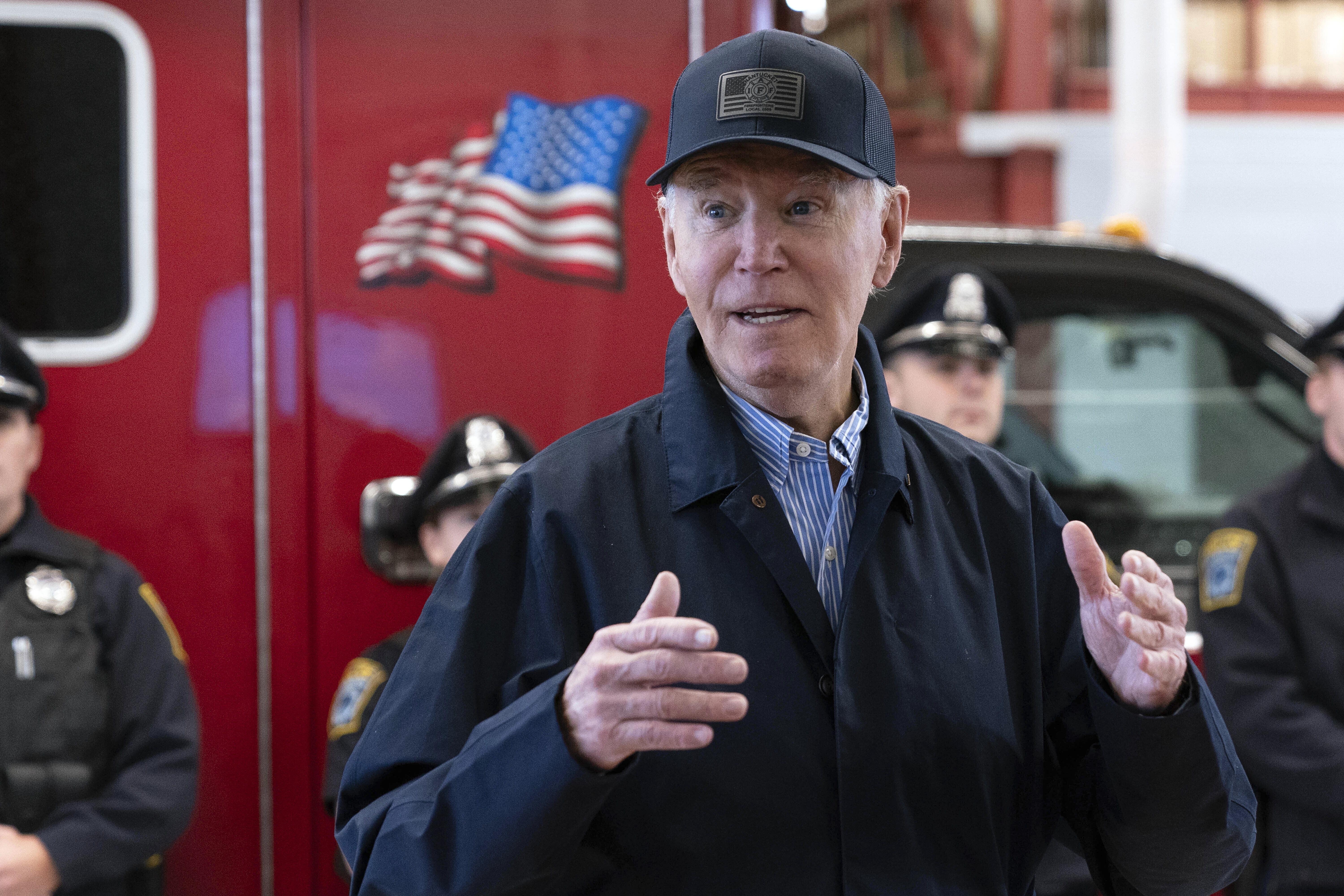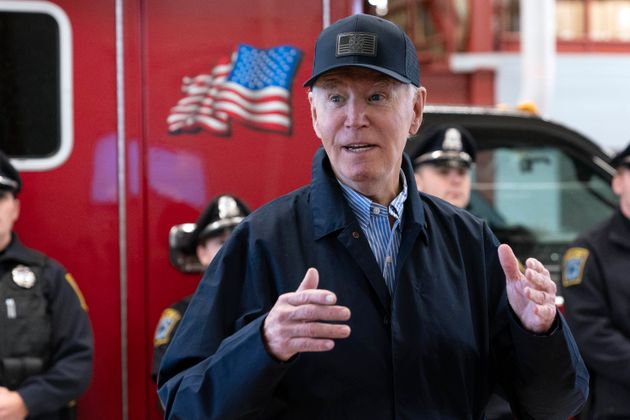Mark Carney will soon replace Justin Trudeau as Canada’s prime minister following his landslide victory in the governing Liberal Party’s election.
Carney, a former governor of the Bank of England and the Bank of Canada with no political experience — and no seat in the House of Commons — will take over the leadership of both his party and his country at a time of profound uncertainty prompted by US President Donald Trump’s adversarial stance toward his neighbor as a general election looms.
Advertisement
Carney is expected to call snap elections shortly after being sworn into office, and voter surveys show his party within fighting distance of his main opposition: the Conservative Party, led by Pierre Poilievre.
The Conservatives had long been considered the favourites to win the next election, which needs to be held by October. Trump’s talk of annexing Canada and his tariffs against the country have reshaped the race, overshadowing issues such as inflation and immigration that appeared to originally dominate voters’ minds.
“Trump has said he’s the most important person in Canadian politics right now,” said Nick Taylor-Vaisey, Politico Ottawa bureau chief. “I think everybody in Canada would acknowledge that.”
Advertisement
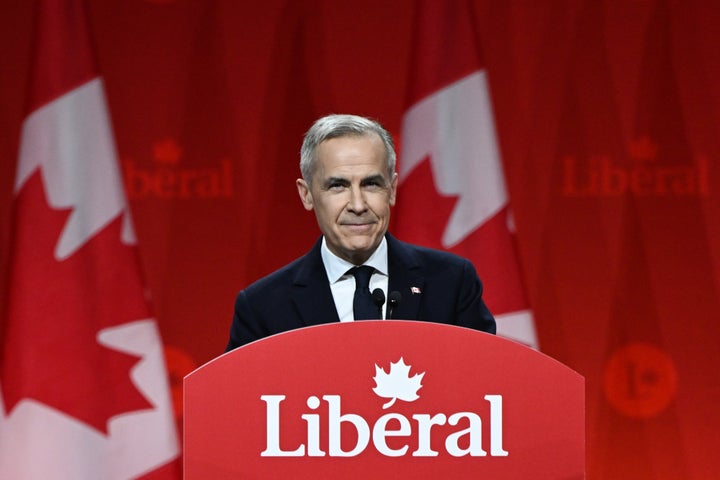
Artur Widak/NurPhoto via Getty Images
The latest polling average, updated by The Economist on Saturday, shows the Liberals trailing the Conservatives by 7 percentage points — a far slimmer margin compared to the 25-point difference between the two parties in late December, prior to Trudeau’s resignation announcement. Voters also appear to favor Carney over Poilievre, a recent poll found.
“Momentum is with [Carney] and his party,” The Economist said in a column on Monday. “Whether that will be enough to deliver victory — and to keep Mr Trump at bay— is yet to be seen.”
Advertisement
Carney, a former Goldman Sachs executive, sought to highlight his determination to protect his country from Trump in his first speech, pledging to maintain Canada’s tariffs on the US “until the Americans show us respect and and until they can join us in making credible and reliable commitments to free and fair trade.”
Last week, Trump imposed 25% tariffs on many Canadian goods before reversing course and postponing some of them while also threatening new tariffs on dairy and lumber.
“The Americans want our resources, our water, our land, our country,” Carney said. “Think about it: If they succeeded, they would destroy our way of life. In America, health care is a big business. In Canada, it is a right.”
Advertisement
“America is not Canada, and Canada never, ever will be part of America in any way, shape or form,” he continued.
Meanwhile, some voters appear to worry that Poilievre’s style is too similar to Trump’s — a perception that’s been amplified by ads run by the Liberals that show the Conservative Party leader echoing Trump’s rhetoric, including on “fake news.”
“At a time when Trump is toxic in Canada, that image is not helping Poilievre,” David McLaughlin, a former senior official in previous Conservative governments in Canada, told The Wall Street Journal.
Advertisement
Poilievre has recognized those concerns, speaking out forcefully against Trump, adjusting his party’s messaging and seeking to tie Carney to Trudeau, who has been widely unpopular despite the slight rebound in his approval rating in recent weeks.
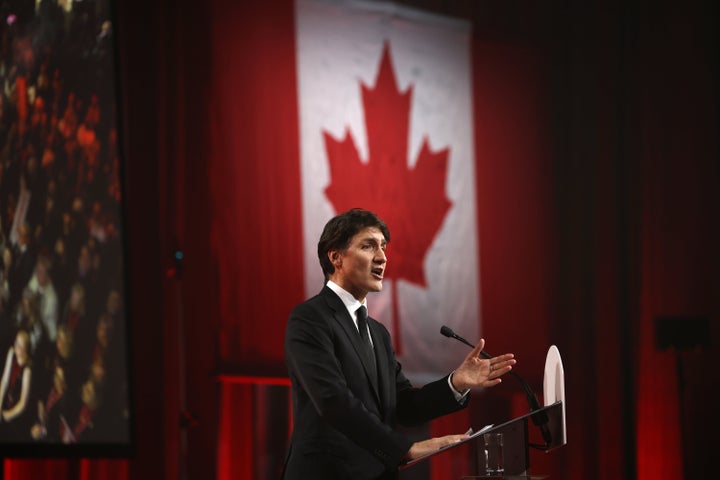
David Kawai/Bloomberg via Getty Images
Andrew Enns, the executive vice president of the Central Canada operations of Leger, a market research company, told Bloomberg that while the shift of the election’s focus on Trump poses a big challenge for Poilievre, Carney is still an unknown figure to most Canadians, meaning their perception of him could change as he assumes the top job.
Advertisement
“Carney’s had an impact, I’m not going to take that away from him, but the bigger change has been this whole Trump environment,” Enns said. “Tariffs have repositioned how Canadians are viewing the Canadian government now.”





